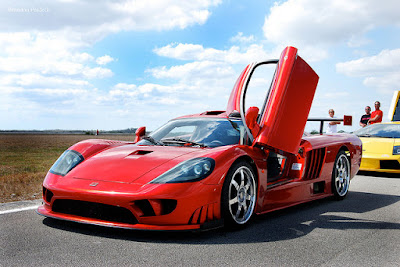AUDI TTS
The Audi TTS is a little European rocket ship, capable of crushing most muscle cars that line up next to it. The simple exterior design is what makes the TTS so gorgeous. The rounded edges on the bumper flow perfectly into the fenders, while the large aggressive grille and almost angry looking headlights accent the front perfectly. Nothing seems out of place or added in after-the-fact. The TTS is more than just looks, she’s powered by a turbocharged 4-cylinder engine mated with a 6-speed transmission,putting down 292 horsepower and 258 lb-ft of torque. Hitting zero to sixty in 5.2 seconds and reaching 0 – 100 in 13.0 seconds flat, this beauty has some serious oompf. The TTS comes standard with all-wheel drive, allowing it to navigate corners at high speeds as if they were straightaways.






































